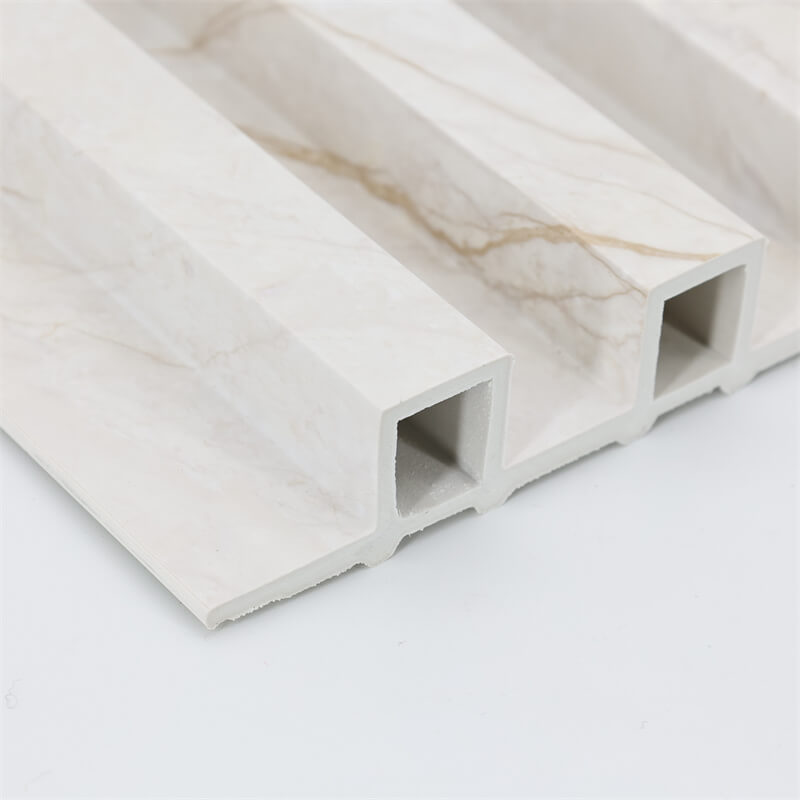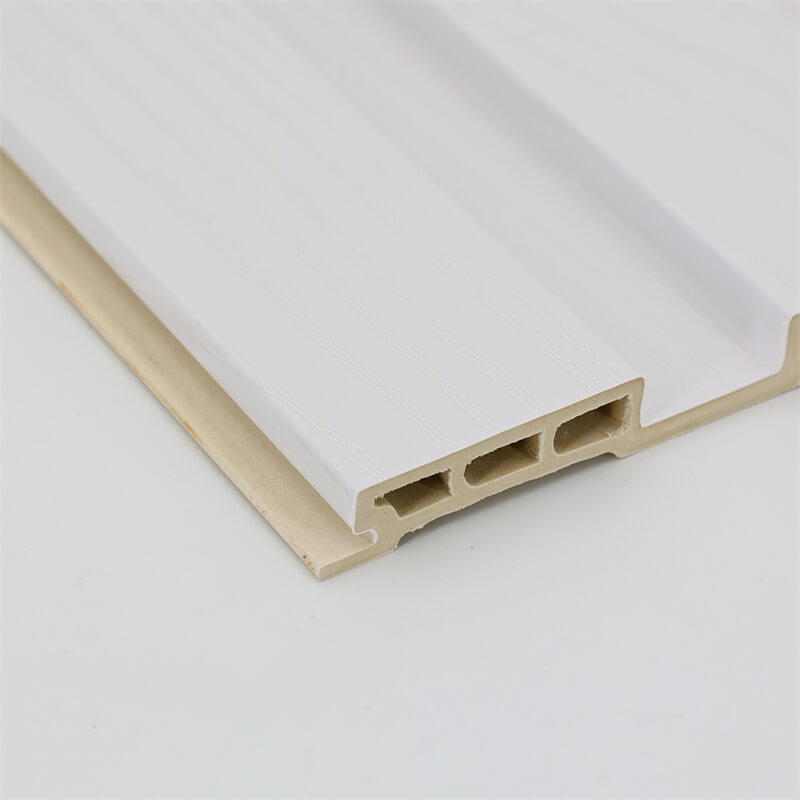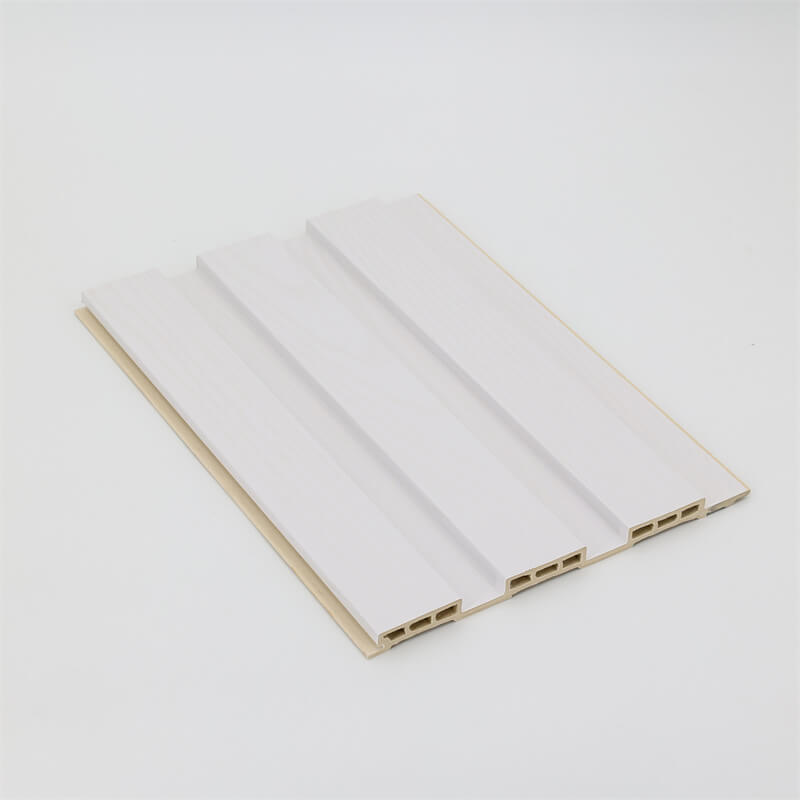
When it comes to selecting the right WPC (Wood-Plastic Composite) supplier for your construction or renovation project, making an informed decision is crucial.
The quality of the materials used directly impacts the durability, aesthetics, and overall success of your project.
In this article, we will explore the key factors to consider when choosing the best WPC supplier.
From evaluating manufacturers and suppliers to assessing pricing and factory capabilities, we’ll provide you with valuable insights to help you make an informed choice.
I. Assessing Manufacturer and Supplier Reputation
Choosing a reliable and reputable WPC manufacturer and supplier is the foundation of a successful project.
Here are some key considerations:
Industry Experience and Expertise: Look for suppliers with a proven track record and extensive experience in manufacturing and supplying WPC products.
Established manufacturers often possess technical expertise, advanced production facilities, and comprehensive quality control measures.
Quality Certifications and Standards: Ensure that the manufacturer and supplier comply with industry standards and possess relevant certifications such as ISO 9001 for quality management systems.
Adherence to recognized standards ensures consistent quality and reliable products.
Customer Reviews and Testimonials: Research customer feedback and reviews to gauge the reputation and customer satisfaction levels of potential suppliers.
Online platforms, industry forums, and testimonials can provide valuable insights into the supplier’s reliability, product quality, and after-sales service.

II. Evaluating Product Quality and Innovation
The quality of WPC products is crucial to their performance and longevity. Consider the following factors when assessing product quality:
Material Composition and Performance: Inquire about the composition of the WPC products and assess their suitability for your project requirements.
Consider factors such as resistance to moisture, UV radiation, termites, and fire.
Quality WPC should exhibit excellent durability, dimensional stability, and low maintenance requirements.
Testing and Certifications: Reputable suppliers conduct rigorous testing to ensure their products meet or exceed industry standards.
Inquire about the testing protocols employed, such as ASTM standards for mechanical properties, slip resistance, and fire retardancy. Certifications from recognized testing laboratories add credibility to the product’s quality.
Innovation and Product Range: Consider suppliers who invest in research and development to offer innovative and diverse WPC product solutions.
This indicates their commitment to staying ahead of market trends and meeting evolving customer needs.
A broad product range allows for greater design flexibility and ensures availability of suitable options for your specific project.
III. Pricing and Cost Considerations
While price should not be the sole determining factor, it is important to strike a balance between quality and affordability.
Consider the following aspects when evaluating pricing:
Competitive Market Analysis: Research and compare prices from multiple WPC suppliers to gain a comprehensive understanding of the prevailing market rates.
Be cautious of unusually low prices that may indicate compromised quality or inadequate manufacturing processes.
Transparency in Pricing: Choose suppliers who provide transparent pricing structures, clearly outlining the cost breakdown for raw materials, manufacturing, packaging, and transportation.
This transparency allows for better cost estimation and ensures there are no hidden charges.
Value for Money: Consider the overall value offered by the supplier, including product quality, customer service, warranty provisions, and after-sales support.
A slightly higher upfront cost may be justified if it translates into long-term savings and superior product performance.

IV. Factory Capabilities and Supply Chain Managemen
Understanding the capabilities and efficiency of the supplier’s manufacturing facilities and supply chain is essential.
Consider the following factors:
Production Capacity and Lead Times: Assess the supplier’s production capacity to ensure they can handle the volume required for your project.
Inquire about lead times and the supplier’s ability to meet deadlines.
A reliable supplier should have efficient production processes and the flexibility to accommodate urgent orders.
Quality Control Measures: Inquire about the supplier’s quality control procedures and protocols implemented during the manufacturing process.
This includes raw material inspection, production monitoring, and final product testing.
Robust quality control ensures consistent product quality and minimizes the risk of defects or inconsistencies.
Sustainable Practices: Choose suppliers committed to sustainable manufacturing practices.
Inquire about their environmental policies, waste management strategies, and use of eco-friendly materials.
Opting for a supplier with a focus on sustainability aligns your project with environmental values and regulatory requirements.
Choosing the best WPC supplier requires a comprehensive evaluation of various factors, including manufacturer reputation, product quality, pricing, and factory capabilities.
By conducting thorough research, considering customer feedback, and assessing these key factors, you can confidently select a supplier that meets your project’s requirements for quality, reliability, and affordability.
Remember, investing time and effort in selecting the right supplier upfront will contribute to the overall success of your construction or renovation project.
